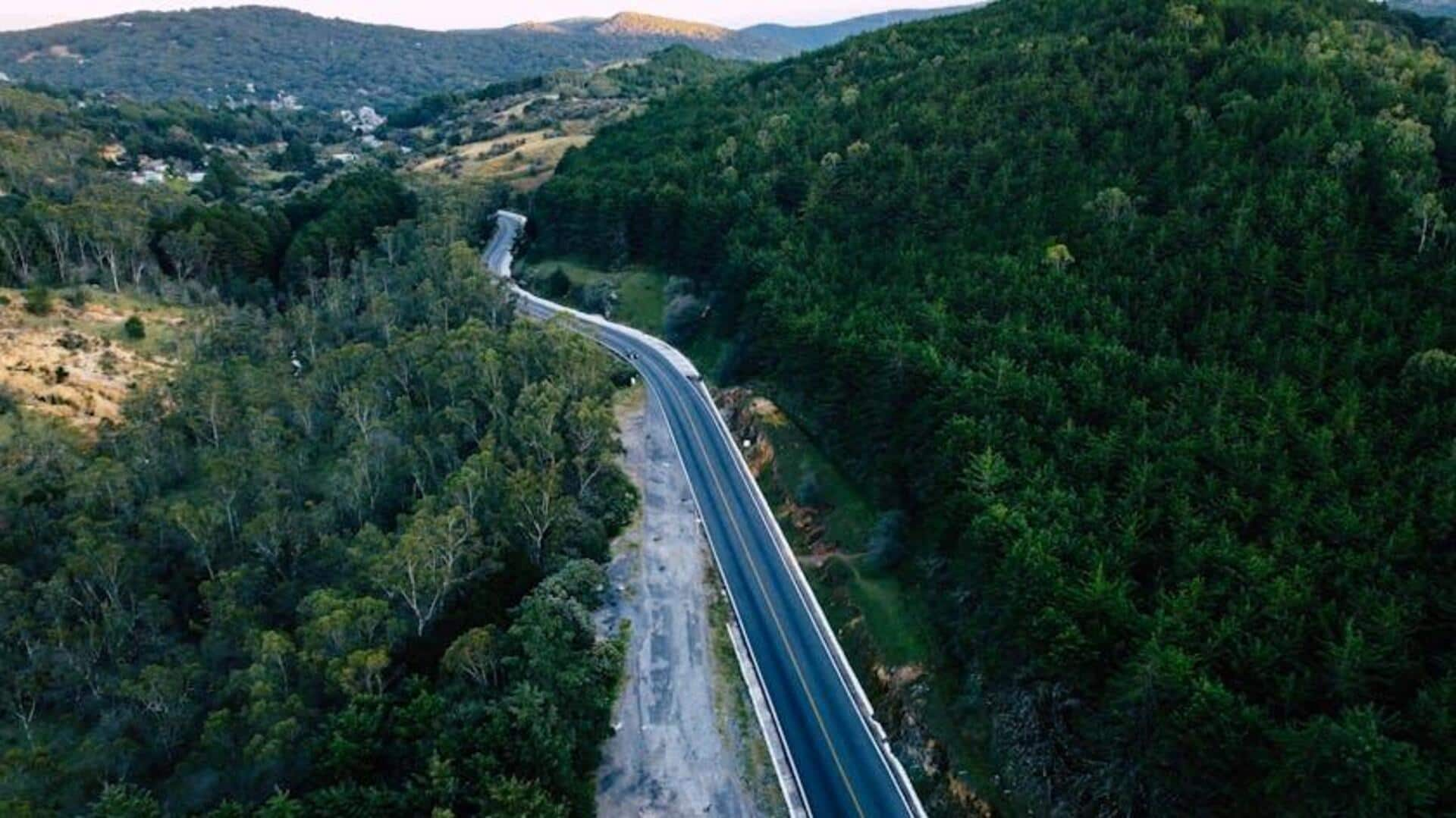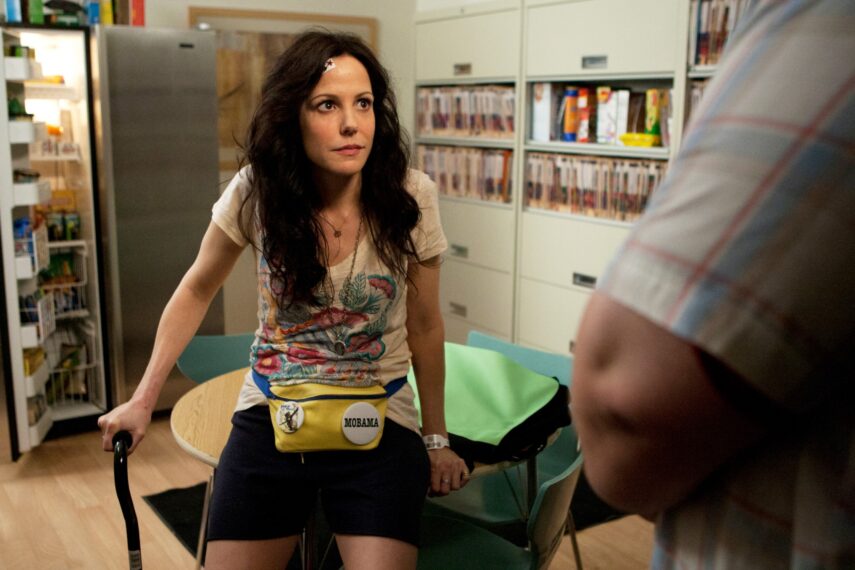Shah holds a degree in political science. Under the previous Afghan government, he had good jobs with the British and US military, and also at the Afghan parliament. He used to mingle with the top people and had more money than he needed.
Now, he is jobless and penniless and his prospects of finding a job are next to nil because of his past employment. “I am alive but I am dead here. Before the Taliban, I used to earn about US$2,000 a month.

I was rich...
My wife still thinks I’m rich, she does not know I don’t have a job. I now literally do not have anything. The money I had is gone.
I received a good education, I am talented, my loyalty is to my country whoever is in government but because of my past jobs I cannot work.” The Taliban returned to power in Afghanistan in 2021 after waging an insurgency against the US-backed government in Kabul. A US invasion had toppled the original regime 20 years earlier but they managed to regroup and began taking back territory less than 10 years later.
By August 2021, the Taliban were back in power. It is a government the world has shunned and refuses to recognise, with those countries that had diplomatic representation under the previous government shutting down their embassies for good. Shah hopes to gather enough money to go to Pakistan to try to get the necessary papers to move to the UK.
His old boss has promised to help him but first he has to make his way to the embassy in Islamabad. Do you think the situation will improve, both economically and politically, I ask him. “It will not,” he says.
“The people in government are not educated and they want to keep the people ignorant. Education here is not compulsory, not even for children. And if you are a woman, it is prohibited.
Afghans who received an education are moving out of Afghanistan. This country is losing its talent and that is what the government wants.” The picture he painted of the situation was really bleak and other Afghans I spoke to were not much more enthusiastic.
Although a couple expressed a shred of hope, their hope was not enough to stop them from wanting to emigrate. “This government has made the country secure and safe. War has stopped after many years.
In the past, if we tried to cross from one region to another, we would be killed. “Unfortunately, the economic situation has deteriorated and 90 per cent of the population live in poverty. Hopefully, the government will tackle the economy soon,” Mustafa, who is seeking to leave the country for the US, says.
Locals travelling for a living. . He worked with the US government as a translator under the previous government so he hopes he will be able to get the necessary papers to leave.
“The only reason I want to leave is the economy. Afghanistan is my country and I love it and once I make enough money to set up a stable business here, I will return,” he insists. Although Afghanistan is a beautiful country and my friend and I saw as much as we could during an 11-day visit, this trip was more about the people − getting to know them, speaking to them about their fears and hopes, their life and their dreams.
We have now been on the road close to three months as we travel along Central Asia on a motorbike. We found Afghans generally very friendly and hospitable. As expected, most do not speak English but they still offer to help, and keep offering even when you insist you are fine.
If you take up their offer to visit their home for chai (tea), that offer will extend to dinner and spending the night at their house. Even Taliban officers at the many checkpoints are very friendly in spite of their frightening look. With their machine guns they also wear a smile.
A few accept to be photographed and some give their telephone number, insisting they should be called should we come across any problem in any region. One day, while going on a day trip from Kabul to Bazarak, the Taliban gave us a military escort for the last 20 kilometres of our journey “for your own safety. You chose to come to us, to visit our country, and we want to make sure you are safe,” we were told.
The few Afghans who could speak English offered us an interesting insight into Afghanistan and its government. Most of them acknowledged that their government was “very good at keeping them safe” and “very bad at giving them a good standard of living”. Sabour, for example, lost two members of his family to the Taliban 15 years ago: his father and one of his brothers.
They had both been members of the then government, the father a governor of the region, when they were killed. But today, Sabour accepts the Taliban. He does not like them, he does not hate them.
He acknowledges that they have done good in certain sectors and that the country has gone backwards in others. “There was a lot of corruption before. There still is but less so.
The previous government completely ignored our infrastructure. This government is trying to do something about it. “But with the Taliban we are not free.
We cannot do whatever we want. We cannot travel like you. Girls cannot study.
We cannot even listen to music. I used to wear western clothes to the office. Not anymore.
” Emir says that if Afghanistan had a good president, like it did 50 years ago, it could be the best country in the world. “We have active gold and iron mines, we have resources. But our government is a disaster.
It is not a government of the people. “We emigrate not because we want to but because we have to. Here we have no jobs.
The basic wage of a policeman or a teacher is the equivalent of less than €200 a month. It is true that the cost of living is not high and a family of 14 can live on the equivalent of €900 a month. But it is very hard for the members of that family to collectively earn those €900.
Emir says that before the Taliban, he used to make US$1,000 a month. Now, he works at the foreign ministry (they still have not found out about his previous job) and only makes the equivalent of US$150 a month. In August 2021, when the Taliban took over, he filed an application to move to the US.
“My application is in process. They keep telling me to wait.” Hamid is also trying to leave, but for Europe.
He studied computer graphics. I ask him why he does not work online for a foreign company. “With an Afghan citizenship it’s hard to get employment.
No company employs you as soon as they realise you are an Afghan,” he says. Independent journalism costs money. Support Times of Malta for the.



















